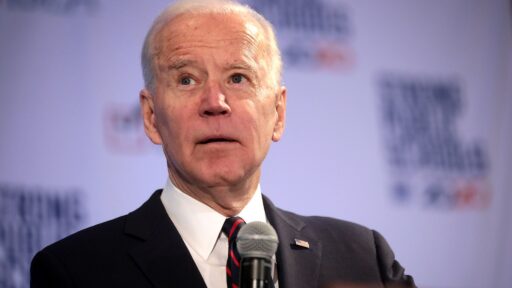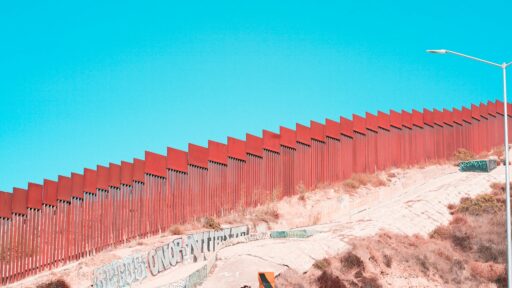U.S. Tensions Rise With Russia
Recent incidents involving undersea cable disruptions are stoking concerns about the security of critical infrastructure vital to the West. These developments come amid rising tensions with Russia and China, particularly as the world watches closely for changes in U.S. leadership following President-elect Trump’s upcoming inauguration.
One of the most alarming cases occurred during the Christmas holiday when the Estlink-2 power cable, linking Finland and Estonia, was severed. The ship believed to be responsible, the Eagle S, which flies a Cook Islands flag, is suspected of being part of a covert Russian shadow fleet. Western officials allege that the Eagle S may be circumventing sanctions and playing a role in a larger pattern of sabotage aimed at undermining the West’s digital and energy security.
This event adds to growing fears about the safety of undersea cables, which are critical for global communications and energy transmission. Similar incidents have been reported involving Chinese vessels. Since 2023, at least three separate events have disrupted power lines in European waters. These incidents, though sometimes attributed to accidental damage, are increasingly seen as deliberate attacks on vital infrastructure.
Europe’s leaders, including Kaja Kallas, the EU’s foreign policy chief, are sounding the alarm. Kallas recently warned that these attacks aren’t isolated incidents but rather part of a concerted strategy to target Europe’s infrastructure. Finland, investigating the Estlink-2 incident, noted that an anchor from the Eagle S was dragged for more than 60 miles under water, suggesting deliberate tampering.
This trend echoes the 2022 sabotage of the Nord Stream pipelines in the Baltic Sea, an attack believed to have been carried out by Ukraine but potentially facilitated by the broader geopolitical climate. The U.S. and its NATO allies are growing increasingly concerned as China and Russia appear to work in tandem to undermine Western security.
The threats to undersea cables are not limited to physical attacks. A report by the Carnegie Endowment for International Peace highlights the vulnerabilities of these systems to hacking, espionage, and cyberattacks. These cables, which facilitate the vast majority of global internet traffic, are essential to the smooth functioning of modern society.
With Russia and China intensifying their focus on critical infrastructure, experts are urging the West to take proactive measures. NATO Secretary-General Mark Rutte has committed to enhancing the alliance’s military presence in the Baltic Sea to safeguard these vital networks. Additionally, calls are mounting for Europe to invest in new technology to protect its undersea infrastructure, ensuring a secure future for the continent’s energy and communications.
This is a wake-up call for the West. As digitalization deepens, the vulnerability of undersea cables becomes a clear threat to national security. It’s time for the U.S. and its allies to unite and take decisive action to protect these vital lifelines from adversaries who see them as leverage in the global power struggle.







